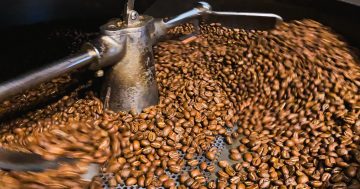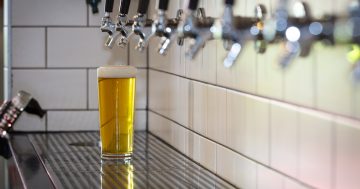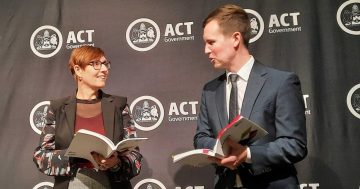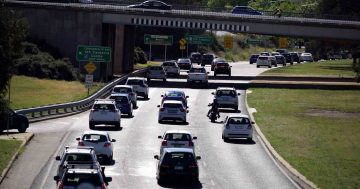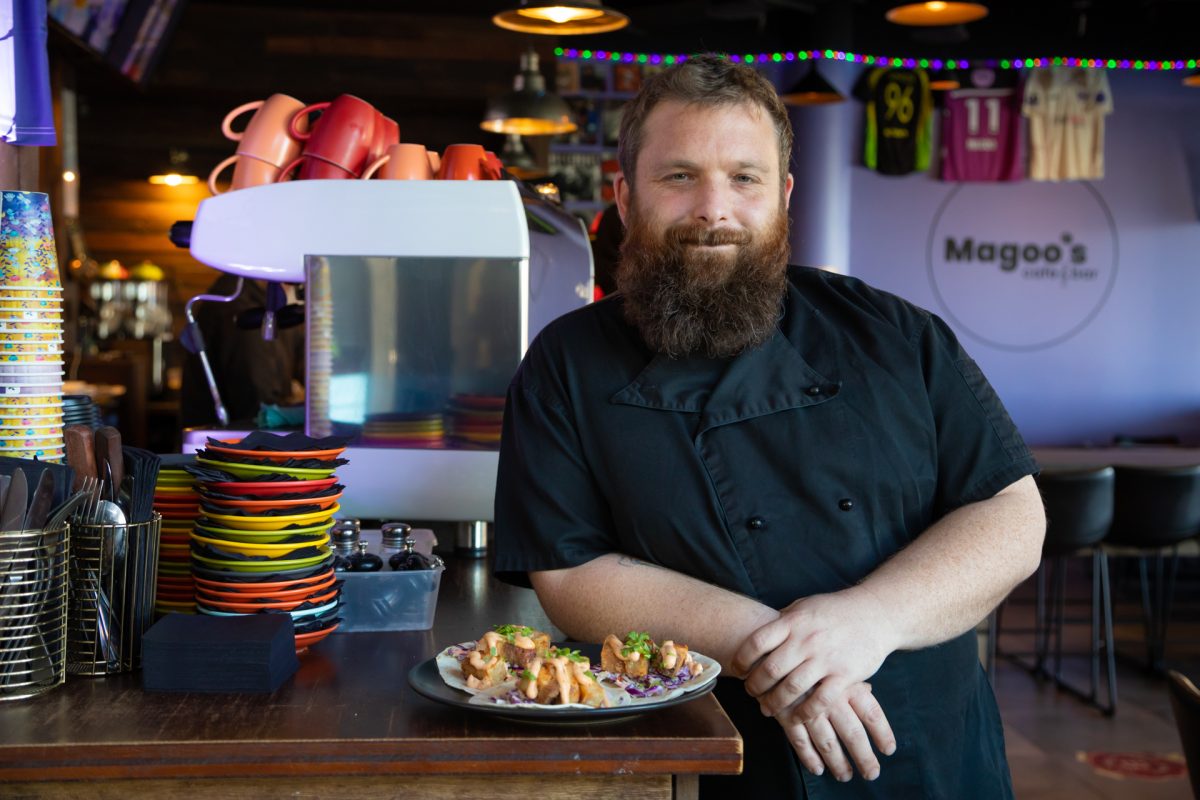
Matthew Wilson is the chef at Magoo’s in Kingston. Photo: Michelle Kroll.
When Matthew Wilson first started in the hospitality industry at the age of 16, he was paid “stuff all”.
“Now, people doing the same job I was doing are only earning a bit less than what I’m on,” he says.
Matthew is the chef at Magoo’s Café and Bar in Kingston and has mixed feelings about the announcement that the minimum wage is to be increased by 5.2 per cent.
“It’s good that everyone is moving up as the price of everything else is going up,” he says.
“However, as far as small business is concerned, they’re really playing with fire in terms of affordability. The money has to come from somewhere.”
Australia’s minimum wage is now $21.30 per hour after the Fair Work Commission (FWC) handed down its annual assessment on Wednesday, 15 June.
There will also be a 4.6 per cent increase to wages governed by the awards, which includes the health care, community services and hospitality sectors.
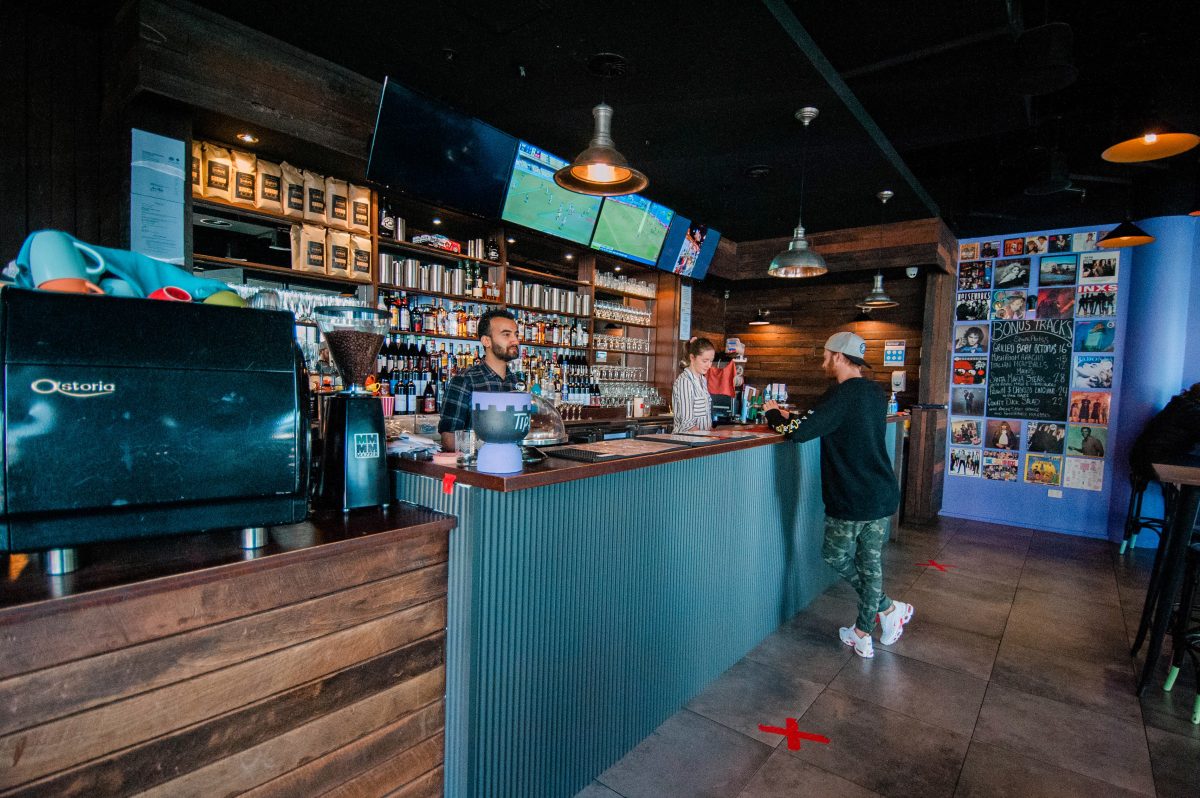
The bar at Magoo’s. Photo: Michelle Taylor.
In the last weeks of the federal election campaign, the now-Prime Minister Anthony Albanese said he would back a move to lift the minimum wage so it kept pace with inflation. Right now, that’s 5.1 per cent.
FWC president Iain Ross said inflation is expected to peak at around 6 per cent by the end of the year, impacting businesses and workers.
“The most significant changes since last year’s review decision have been a sharp increase in the cost of living and the strengthening of the labour market,” he said, handing down the decision online.
“The lowest-paid are particularly vulnerable in the context of rising inflation. Inflation … erodes the real value of workers’ wages and reduces their living standards.”
According to recently released data from the ABS, around 60 per cent of businesses are enduring surging costs in 2022.
The ACT might have the highest average weekly earnings in Australia, but a number of living costs have increased over the past five years.
Electricity is up by more than 28 per cent, gas by 24 per cent, and health services by 21 per cent, to name just a few. The ACT also remains the most expensive place to rent in Australia.
Matthew himself has noticed the cost of supplies skyrocket just in the past six weeks.
“The oil I use for the deep fryer has gone from $50 for 20 litres to $89.50, and we use six of those a week,” he says.
The Canberra Business Chamber oversees more than 3000 local businesses across 40 industries. CEO Graham Catt agrees with Matthew.
“As the whole community faces cost of living issues, local Canberra businesses are struggling to manage rapidly rising costs,” he says.
Graham says businesses have done what they can to avoid passing these on to consumers, but with thin margins, the wage increase will leave many with no choice.
“The biggest issue facing local businesses right now is shortages of local workers,” he says.
“The announcement does nothing to address the biggest problem for employers, which is that they simply haven’t got the workers and can’t find the workers.”
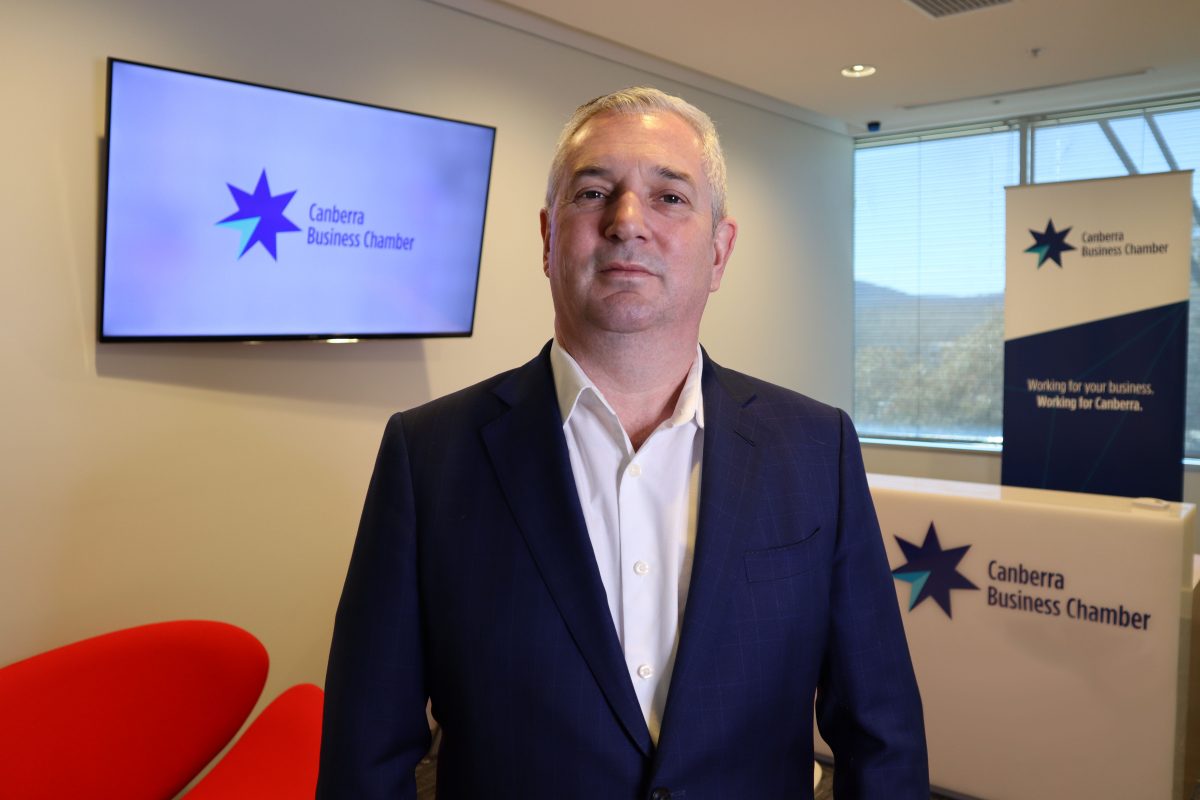
CEO of the Canberra Business Chamber said the eased requirements are a relief for many businesses. Photo: Supplied.
The ACT Council of Social Services (ACTCOSS) argues that increasing the income of those on the lowest wages is always good for business.
“We know that when people on the lowest wages get additional money, they don’t save it,” CEO Emma Campbell says.
“They spend it immediately on the things they need and by so doing, put it into the hands of local business.”
Canberra’s business community is largely made up of small, family-owned businesses. In fact, of the 31,000 active businesses here, only 40 employ more than 200 people.
For Matthew at Magoo’s, he sees the extra money being spent, but chances are, not in these small businesses.
“People will take their money where it buys the most, and that’s the bigger businesses,” he says.
“From a hospitality point of view, people will buy their meals from the bigger clubs. They supplement their costs with income from the pokies so you can get a sirloin steak for $16. It costs me $9 for that steak. There’s no way I can offer it for $16.”
Matthew says businesses will have to get “savvy” to survive.
For community services organisations such as ACTCOSS, Emma has written to the ACT Government and Federal Government to ask for more funding to help cover the cost of wage increases within their own organisations.
The minimum wage changes come into effect from 1 July, unless there are exceptional circumstances. Federal politicians, judges and senior public servants were also granted a pay rise of 2.75 per cent from 1 July.
Original Article published by James Coleman on Riotact.




